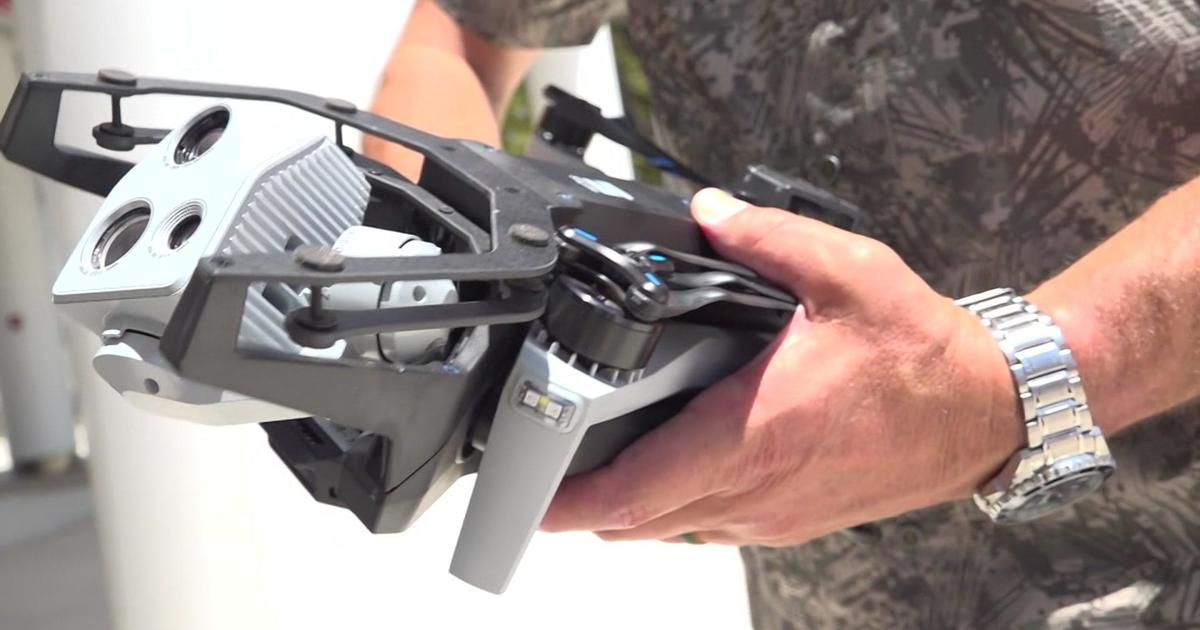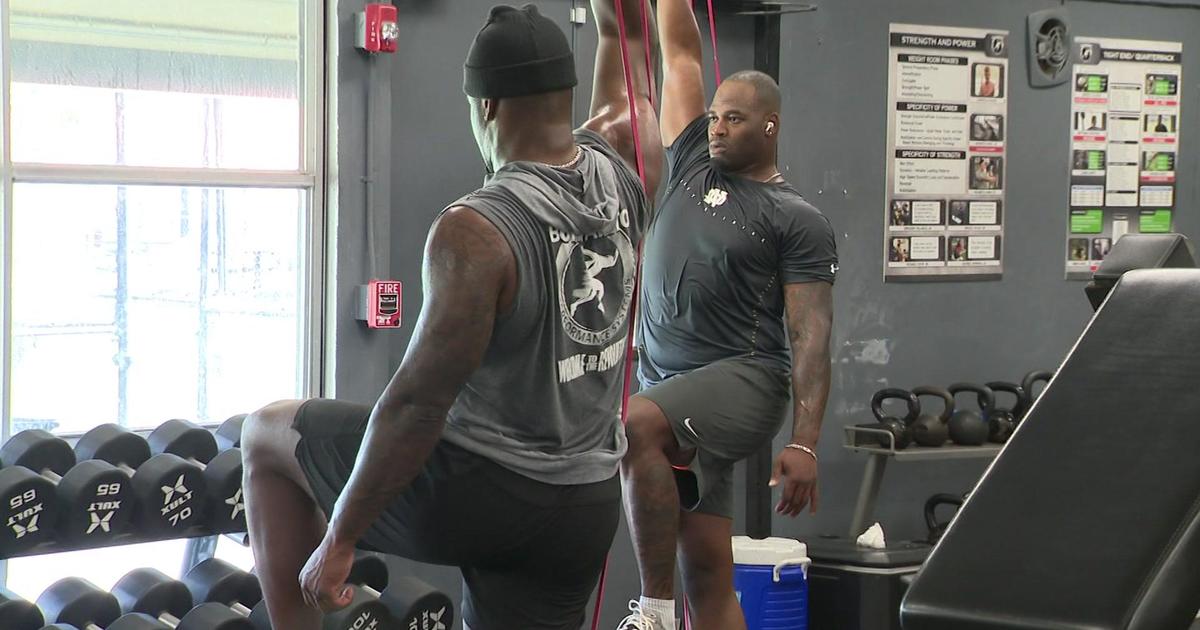Beyond Fast Food: New Franchising Ideas Draw Entrepreneurs
Follow CBSMIAMI.COM: Facebook | Twitter
NEW YORK (CBSMiami/AP) — Small franchises beyond restaurant groups and retailers are attracting entrepreneurs who want something different and see greater opportunities with lesser-known companies.
Franchise buyers are taking chances on ideas like a nursing service, a personal assistant company and a used clothing retailer — companies that are tiny or growing, but don't yet have the name recognition of thousands of locations.
"I like the feeling of family and a team and I don't feel you can get that with a big corporate franchise," says Tom Wicklow, who's buying a franchise of Let Mommy Sleep, which provides baby nurses and other help to new parents. "A service business, especially one that helps new families grow closer and live happier, offers something that money can't buy."
Wicklow, a former Marine who recently got his MBA, had considered a Domino's Pizza franchise, but didn't believe it would be fulfilling. He's getting involved instead with Let Mommy Sleep, which is based in Bristow, Virginia, and has one franchise open so far in Philadelphia. Wicklow, who lives in Stanhope, New Jersey, plans his franchise to cover the northern part of the state and hopes for 10 employees in the first year.
But to be sure that a smaller franchise like Let Mommy Sleep would be a good deal for him, Wicklow had asked a mentor from SCORE, the organization that gives free advice to small business owners, to evaluate the franchise agreement papers first.
About 4,000 different franchises exist in the United States. Fast-food restaurants and hotel chains have the most outlets, along with a smattering of retailers and service providers like auto repair companies. Many of these businesses have thousands of locations — Subway has nearly 27,000 in the U.S., while The UPS Store has more than 4,500.
But 80 percent of the 1,200 franchise parent companies who belong to the International Franchise Association have fewer than 200 locations, and of that subset, 80 percent have fewer than 100, says Scott Lehr, a senior vice president of the trade group.
While the economy was more uncertain, parent companies, known as franchisors, had held off creating new franchises. Loans for people to buy franchise locations were also harder to come by. But Lehr says new franchises have been created as the economy recovers from recession.
"There are opportunities for people to get on board with these younger, smaller, less-established companies. And they're going to get bigger," he says.
Buying a franchise can be appealing for people who want to own a business because they don't have to come up with an idea from scratch. Some of the hard parts are already taken care of — there's a logo and marketing campaign, and if it's a restaurant, there's a menu and decor. In some franchises, the corporate parent provides food items or other inventory. But the franchise owner must bring in customers and make the business a success like any other company.
Charmaine Hunt, who used to work for a startup that sold medical devices and liked the job, didn't want a well-known company with a long track record when she began her franchise search. She turned down opportunities like hair salons and massage spas that already had plenty of franchisees.
"I wanted to go away from that direction. I wanted something that's brand-new and that has the ability to grow," says Hunt, who lives in Nashville, Tennessee. She's now about to become the second franchisee for Lifesquire, which provides personal assistants who run errands and take care of chores for clients.
Hunt wasn't daunted by the fact that a Lifesquire franchise hadn't yet been proved a long-term success; the first franchise, in San Diego, is a year old. Opening any business, even a well-established franchise, carries risks, Hunt says.
"I never thought about (Lifesquire) being any more difficult than opening a Subway," she says.
Adam Scott looked at several relatively small companies before deciding on Clothes Mentor, which has nearly 140 shops in about two dozen states that sell women's used clothing. Scott, who previously owned a franchise that shipped packages, was looking for a team atmosphere that he felt huge franchises with thousands of locations didn't offer.
"I wanted a certain culture," says Scott, who lives in Knoxville, Tennessee. "I could tell they really have an interest in the success of their franchisees."
Scott asked other franchise owners about their experience with Clothes Mentor, something that's recommended anyone do before buying a franchise. What he heard persuaded him that even though Clothes Mentor isn't on the tip of consumers' tongues, it was a good fit for him.
"I have to feel that I'm going to like who I'm in business with," he says.
(TM and © Copyright 2016 CBS Radio Inc. and its relevant subsidiaries. CBS RADIO and EYE Logo TM and Copyright 2016 CBS Broadcasting Inc. Used under license. All Rights Reserved. This material may not be published, broadcast, rewritten, or redistributed. The Associated Press contributed to this report.)



